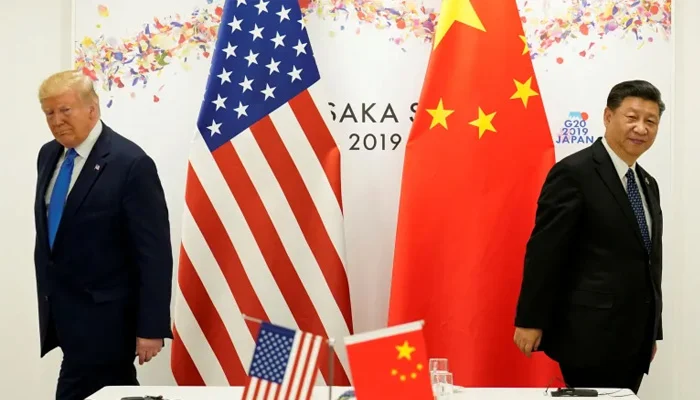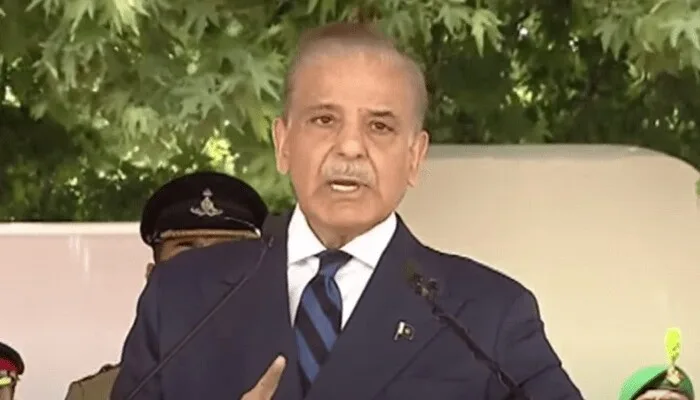IBA, Stanford Forge Partnership to Transform Education in Pakistan
Syed Murad Ali Shah also noted that this partnership is not about importing ready-made solutions.
In a significant event, the Institute of Business Administration (IBA), Karachi, announced its partnership with Stanford University’s Life Design Lab. This collaboration was unveiled by Ms. Malahat Awan, Director of Alumni Communications and Corporate Relations (ACRC) at IBA, and Dr. Azam Ali, Assistant Professor at IBA’s School of Business Studies (SBS). The partnership aims to use design thinking to tackle Pakistan’s educational challenges with sustainable, local solutions, fostering innovation and long-term growth.
The event included a panel discussion led by Syed Murad Ali Shah, the Chief Minister of Sindh and Patron of IBA Karachi. He was joined by Dr. S Akbar Zaidi, Executive Director of IBA Karachi, Bill Burnett, Executive Director of Stanford’s Life Design Lab, and Junaid Aziz, Co-Founder of Designing Your Spiritual Life at Stanford. The panel explored the significance of this partnership, highlighting how Stanford’s global expertise aligns with Pakistan’s local needs.
A key focus of the discussion was the role of Junaid Aziz, an IBA alumnus and current faculty member at Stanford’s Life Design Lab. His unique insight into both IBA and Stanford was seen as a critical link between the two institutions. The Chief Minister emphasized that this connection ensures the collaboration goes beyond academic exchange, aiming for real solutions to Pakistan’s educational problems.
Syed Murad Ali Shah also noted that this partnership is not about importing ready-made solutions. Instead, Stanford’s faculty will work closely with IBA to co-create solutions that resonate with Pakistan’s unique challenges. He stressed the importance of Stanford’s experts being present at IBA’s Karachi campus to ensure that the solutions developed are deeply rooted in the local environment.
Bill Burnett, from Stanford, echoed this sentiment, calling the collaboration a “reciprocal learning experience.” He emphasized that while Stanford brings its expertise, it also hopes to learn from Pakistan’s unique challenges. According to Burnett, IBA will become a hub for innovation, equipping the next generation of Pakistani leaders with the tools to solve complex societal issues.
Dr. Zaidi of IBA added that this partnership is built for long-term impact. By embedding new teaching methods into IBA’s educational framework, the collaboration will nurture innovation and create practical, sustainable solutions.
As the panel concluded, the Chief Minister reaffirmed that this partnership, driven by IBA alumni now at Stanford, is a bold step forward for Pakistan. It bridges the gap between local challenges and world-class innovation, setting the stage for a new era in Pakistan’s educational system.
Earlier in the day, the Chief Minister visited Stanford’s Life Design Lab with Dr. Zaidi and other IBA leaders. They discussed how the Life Design Lab would help train and upskill IBA faculty, ensuring that students benefit from this partnership immediately. Faculty workshops, curriculum updates, and Stanford’s hands-on involvement are expected to fast-track the integration of innovative teaching methods at IBA.
During the visit, the Chief Minister was also invited to explore further collaborations with Stanford’s Biosecurity and Pandemic Preparedness Initiative. They discussed future pandemic readiness and building global alliances for vaccine development. The Sindh government’s efforts during COVID-19 were also praised, with discussions on expanding regional research collaborations.
This partnership between IBA and Stanford represents a transformative shift in Pakistan’s educational landscape, positioning IBA as a leader in innovation and societal progress.
Follow us on Google News, Instagram, YouTube, Facebook, Whats App, and TikTok for latest updates.
















